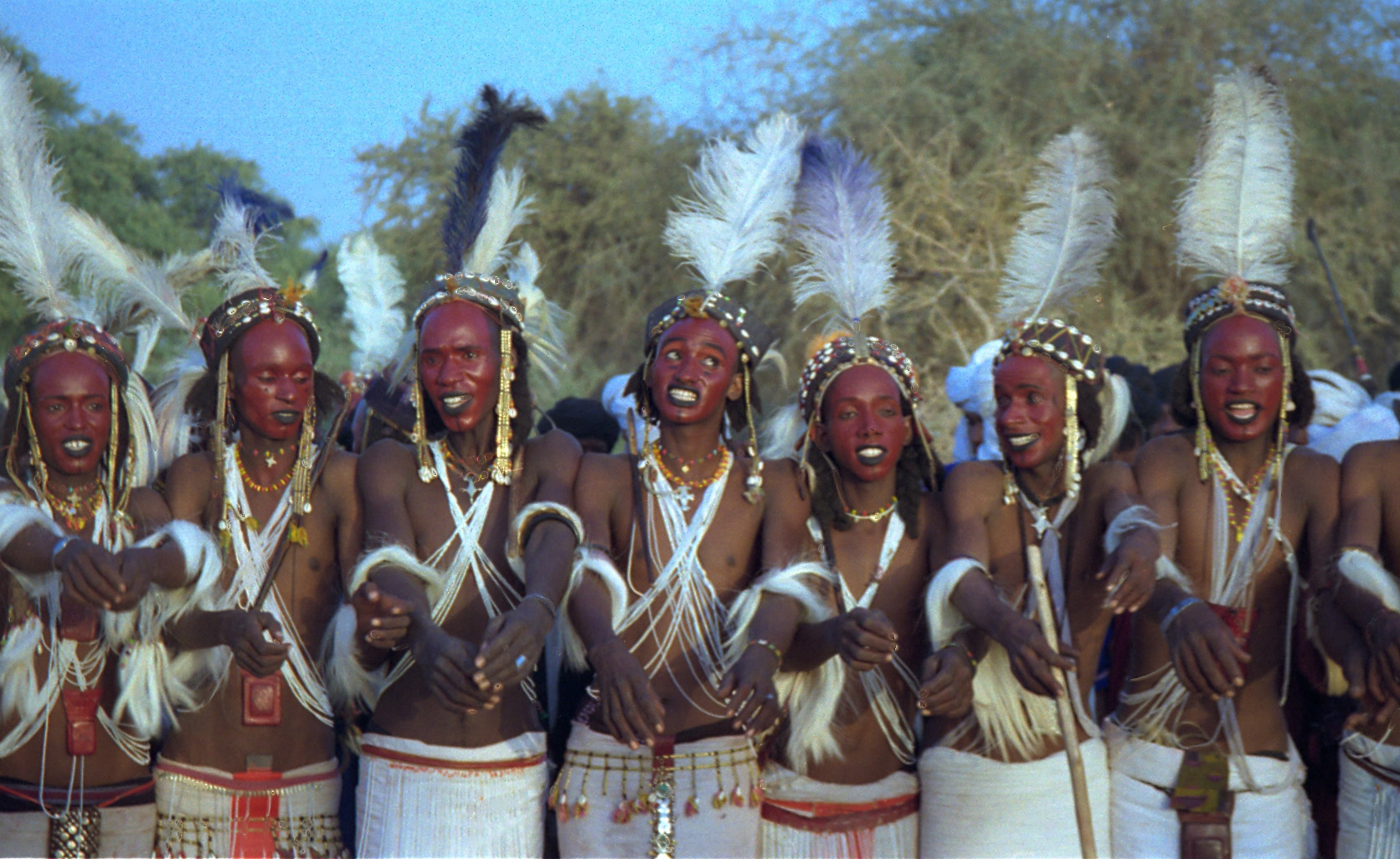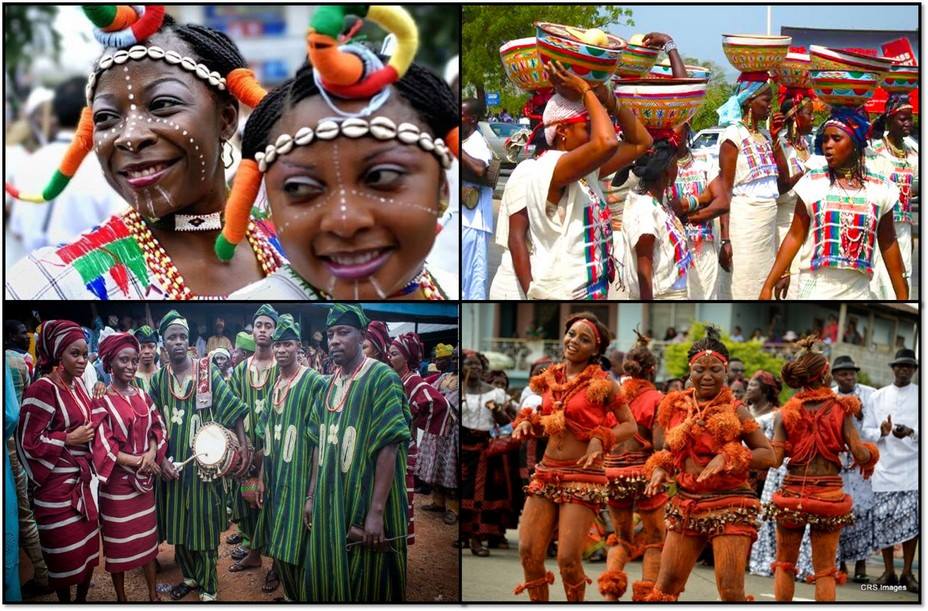Navigating The Rich Tapestry Of Nigerian Tribes
Nigeria, a country renowned for its cultural diversity, is home to over 250 distinct tribes, each contributing to the nation's rich heritage and vibrant identity. The tribes of Nigeria offer a fascinating glimpse into the history, traditions, and languages that define the nation. From the bustling markets of Lagos to the serene landscapes of the north, the cultural expressions of these tribes paint a colorful picture of life in Nigeria.
Understanding the various Nigerian tribes is not only essential for appreciating the country’s cultural richness but also for fostering respect and harmony among its people. Each tribe possesses its own unique customs, languages, and belief systems, which collectively form the backbone of Nigeria's national identity. This article aims to explore the intriguing world of Nigerian tribes, shedding light on their histories, cultural practices, and social significance.
As we delve deeper into the vibrant tapestry of Nigerian tribes, we will address common questions regarding their influence on contemporary Nigerian society, their contributions to the arts, and the challenges they face in a rapidly changing world. Join us on this journey as we uncover the fascinating stories that lie within Nigeria’s diverse tribal landscape.
What are the Major Nigerian Tribes?
Nigeria is home to three major tribes, each with its own unique characteristics and cultural practices:
- Hausa-Fulani: Predominantly found in the northern region, known for their Islamic culture and agricultural practices.
- Yoruba: Residing mainly in the southwest, celebrated for their rich traditions, art, and political history.
- Ibo (Igbo): Located primarily in the southeast, known for their entrepreneurial spirit and vibrant cultural festivals.
How do Nigerian Tribes Contribute to National Identity?
The tribes of Nigeria play a pivotal role in shaping the nation’s identity. Their diverse languages, traditional practices, and belief systems contribute to a rich cultural mosaic. The following aspects highlight their contributions:
- Language: Nigeria boasts over 500 languages spoken across different tribes, enhancing communication and fostering cultural expression.
- Traditional Festivals: Each tribe celebrates unique festivals that showcase their heritage, music, dance, and culinary delights.
- Art and Craft: Nigerian tribes are renowned for their artistic expressions, including beadwork, pottery, and textile production.
What Challenges Do Nigerian Tribes Face Today?
Despite their rich cultural heritage, Nigerian tribes face various challenges that threaten their way of life:
- Urbanization: The migration from rural to urban areas often leads to the loss of traditional practices and languages.
- Conflict: Ethnic tensions and conflicts can arise due to competition for resources and political power.
- Globalization: The influence of Western culture sometimes overshadows local traditions and values.
What Role Do Nigerian Tribes Play in the Arts?
Nigerian tribes are significant contributors to the country's artistic landscape, influencing various forms of expression:
- Music: Each tribe has its unique musical styles and instruments, contributing to the global appeal of Nigerian music.
- Dance: Traditional dances are an essential aspect of celebrations, often telling stories and preserving history.
- Literature: Tribal narratives and folklore have inspired countless works of literature, reflecting the wisdom and values of various tribes.
How Do Nigerian Tribes Preserve Their Heritage?
Preserving cultural heritage is crucial for Nigerian tribes, and various methods are employed:
- Education: Teaching younger generations about their culture, language, and traditions is fundamental for continuity.
- Community Engagement: Social gatherings and festivals foster a sense of belonging and pride in tribal identity.
- Documentation: Recording oral histories, music, and art forms helps retain cultural knowledge for future generations.
What is the Future of Nigerian Tribes?
As Nigeria continues to evolve, the future of its tribes will depend on their ability to adapt while preserving their unique identities. Collaboration among tribes, government initiatives, and community efforts will play a crucial role in ensuring that the rich cultural heritage of Nigerian tribes remains vibrant and relevant in the years to come.
Conclusion: Celebrating the Diversity of Nigerian Tribes
In conclusion, the tribes of Nigeria represent a treasure trove of culture, history, and social significance. Their unique contributions to the nation’s identity and the challenges they face highlight the need for awareness and appreciation of this diversity. As we navigate the complexities of a globalized world, understanding and celebrating the rich tapestry of Nigerian tribes will be essential in fostering unity and harmony among the various ethnic groups. Let us cherish and embrace the cultural heritage that makes Nigeria a truly remarkable nation.
Exploring The Cinematic Universe: A Deep Dive Into MovieRules.com
Unraveling The Mysteries Behind MMS Leaked Indian Scandals
Unveiling The Buzz: Anjli Arora Viral Video Phenomenon



ncG1vNJzZmiqn5i4o77InZ6emqKqtq%2B%2FjaipoGedmrGqr8CloKemn6uutbXOp6qlmaWjsKmxw2ilop%2BVp7aiuoytqaKalah7qcDMpQ%3D%3D
